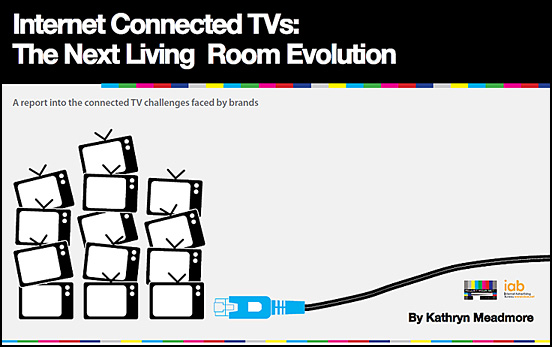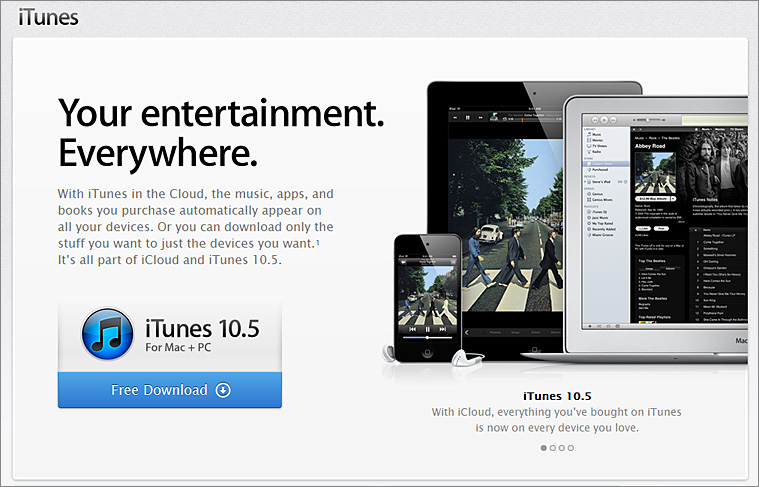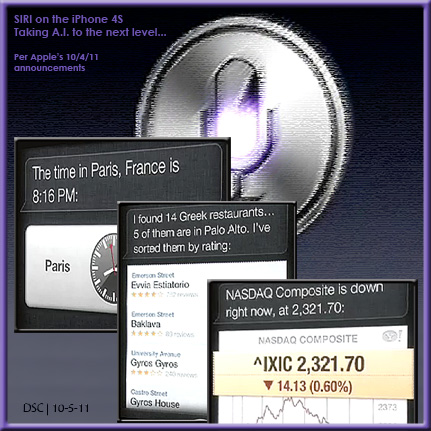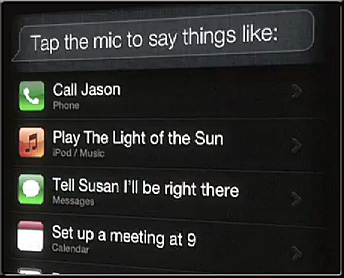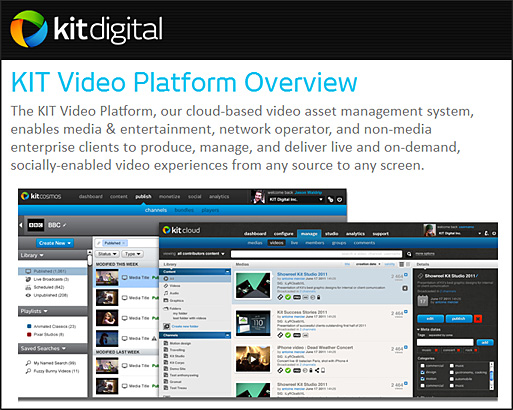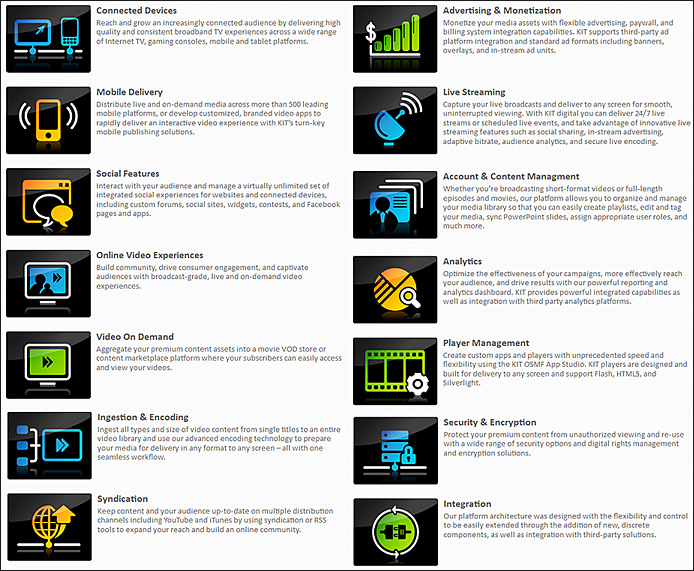Next on TV: Data driven programming — from wired.co.uk by Matt Locke
Excerpt:
Quiz shows such as The Million Pound Drop Live on Channel 4 use real-time data from hundreds of thousands of online players to feed interesting stats and observations to host Davina McCall. [From DSC: What if this related to an online-based learning exercise/class/module/training session?]
…
This is the real revolution that is about to hit TV production — data is moving off the servers and in front of the cameras. With this comes a new generation of creative talent — data storytellers for whom the spreadsheet is as important as a script when it comes to content. TV is no longer stuck behind the screen — around 60 per cent of people in the UK watch with a “second screen” (a mobile or laptop) at the same time, and a lot of them are talking online about what they’re watching. TV is now back in the crowd, and if you make, commission or distribute content right now, you’d better learn to love data, and fast.
Also see:
- What comes after Siri? A web that talks back — from gigaom.com by Stacey Higginbotham
Siri may be the hottest personal assistant since I Dream of Jeannie, but Apple’s artificial intelligence is only the tip of the iceberg as we combine ubiquitous connectivity, sensor networks, big data and new methods of AI and programming into a truly connected network. - Ball State University Center for Media Design to Host Workshop Session — from thetvoftomorrowshow.com
Entitled “Researching the Second Screen and Social Viewing: Two Recent Studies,” the workshop will see CMD researchers summarizing the findings from: 1) an eye-tracking study of viewers’ distribution of visual attention between the TV and second screen during use of two commercially released second-screen apps; and 2) a study of show-specific Twitter traffic rates during programming and ad pods for multiple episodes of three shows from different genres.









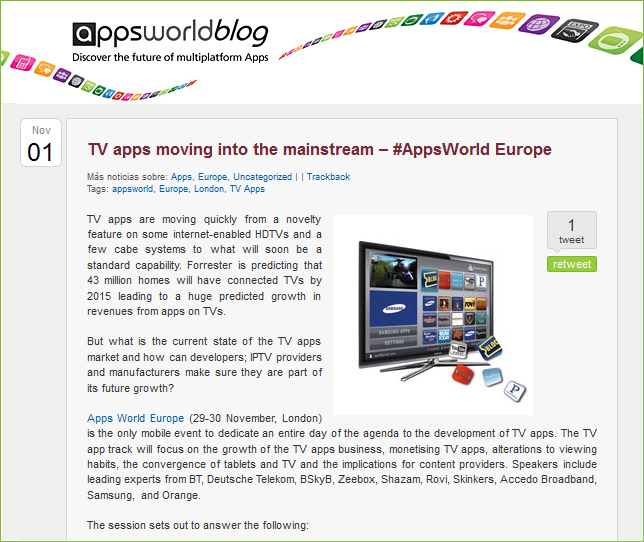
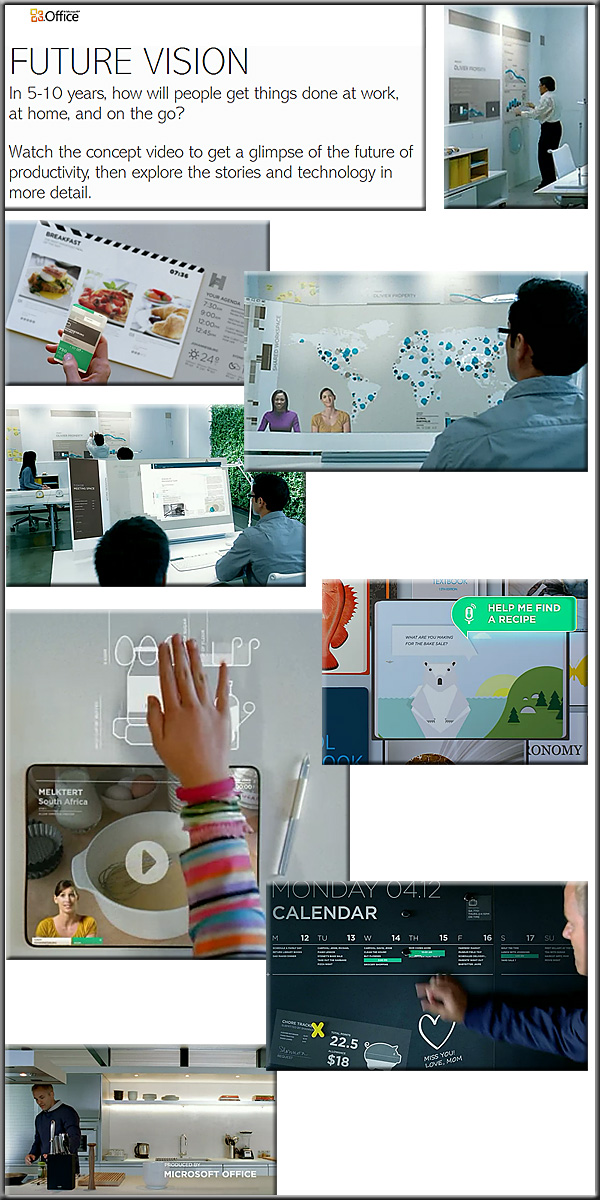
 “I finally cracked it,” Steve Jobs told his biographer Walter Isaacson just months before his death. He was referring to the design and functionality of television, something Jobs had long wanted his company to reimagine.
“I finally cracked it,” Steve Jobs told his biographer Walter Isaacson just months before his death. He was referring to the design and functionality of television, something Jobs had long wanted his company to reimagine.